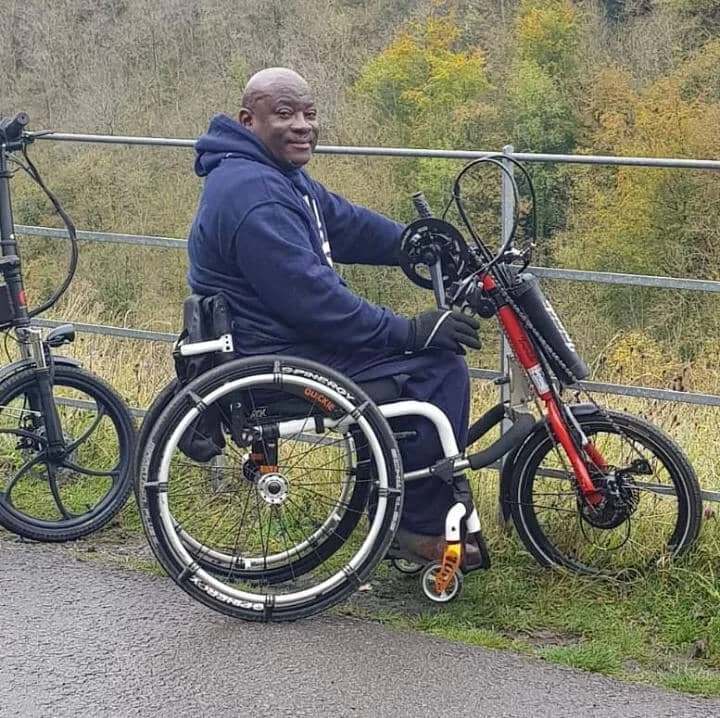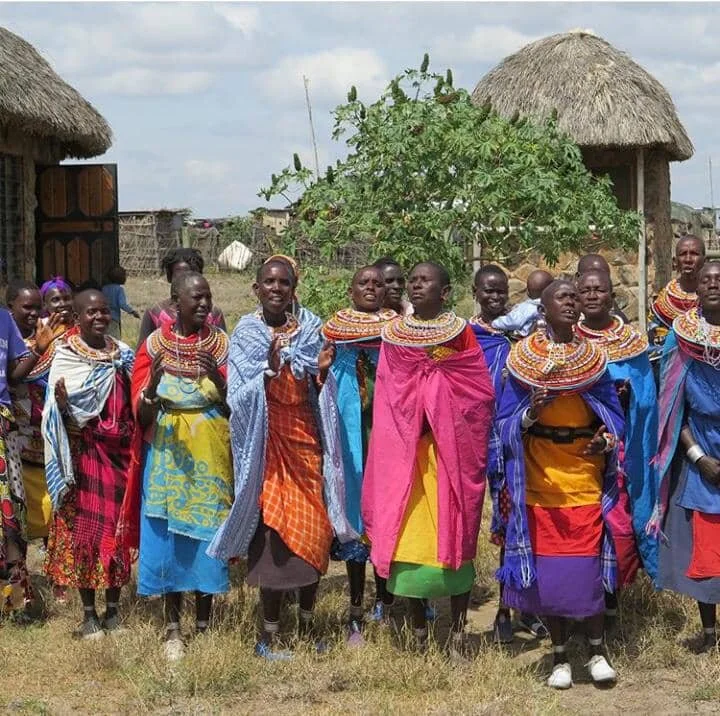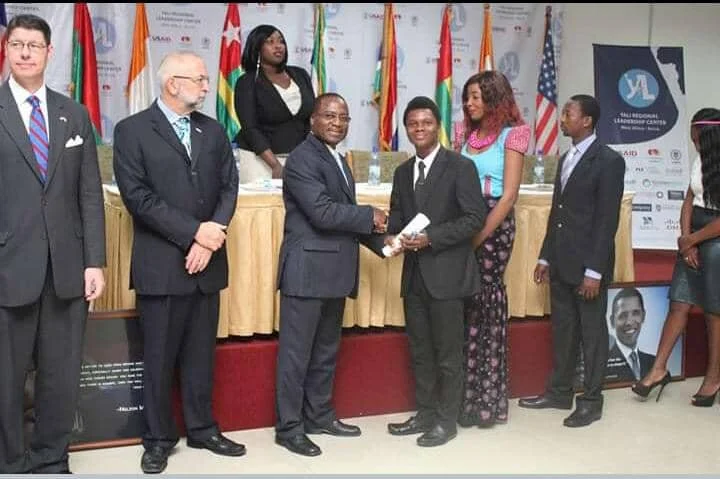Build and Share Power: Non-profits and movement leaders have traditionally not been present in rooms where governments and corporations make big structural decisions. This is especially true for black-, indigenous-, and people of color-led organisations, as well as those led by women, young people, and people with disabilities. Funders can help re-balance these inequities. They can achieve this by sharing power with and building power for the social sector, giving more resources directly at the local level to organisations with local leadership and local ownership, and making more robust investments in organizations led by proximate leaders of color. More inclusive decision-making structures and spaces need to be designed.
Press Statement : ‘Persons With Disabilities Demand Retention And Enhancement Of Rights As Protected Under The 2010 Constitution’
The Constitution protects all Kenyans from discrimination. Article 10 stipulates human dignity, equity, social justice, inclusiveness, equality, human rights, non-discrimination, and protection of the marginalized as national values and principles of governance. Articles 97 and 98 make express provisions for the representation of persons with disabilities in the National Assembly and Senate. The County Assemblies similarly include legislators with disabilities, pursuant to Article 177 of the Constitution.
Press Release By Women Of Kenya On The Advisory By The Hon. Chief Justice, David Maraga To His Excellency, The President On The Dissolution Of Parliament
The hallmark of a democracy is its adherence and fidelity to the Rule of Law and Separation of powers between the various arms of government. We note that the Two-Thirds Gender Rule is not about giving seats to women but it is about creating an inclusive and sustainable society in furtherance of its commitment to the SDGs, the Agenda 2063, and the Vision 2030. We note that while Kenya has made some great advancements in promoting women’s empowerment and gender equality.





